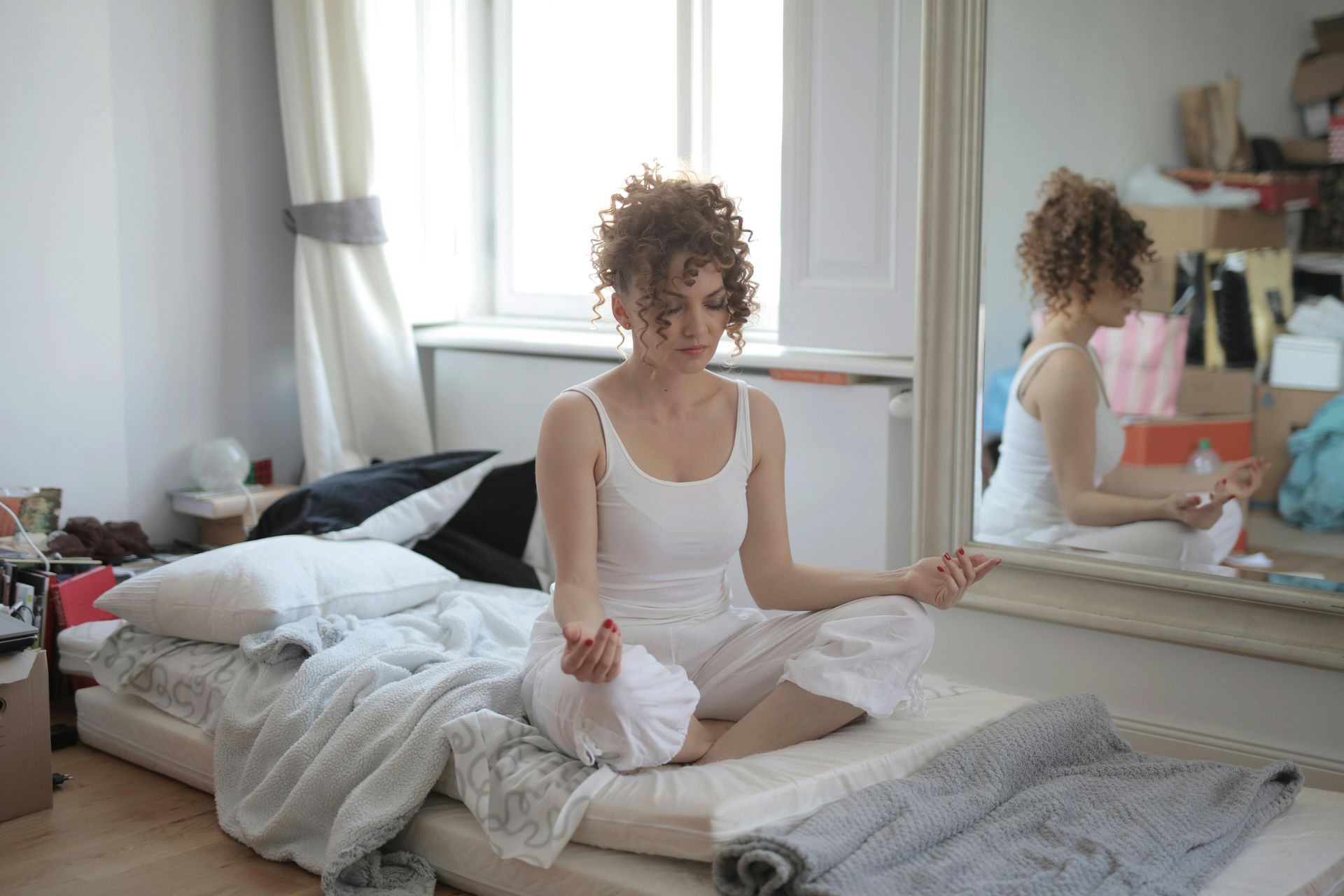Self-Care Practices for Busy Lives
Self-Care Practices for Busy Lives
In our fast-paced world, finding time for self-care can seem like an impossible task. However, prioritizing self-care is essential for maintaining both our mental and physical health. As a skincare specialist, I understand the challenges of integrating self-care into a busy schedule. Here are some practical tips to help you incorporate self-care practices into your daily routine without feeling overwhelmed.
1. Start Your Day with a Simple Skincare Routine
A good skincare routine doesn't have to be time-consuming. Start with the basics: cleanse, tone, and moisturize. Use a gentle cleanser to remove impurities and follow up with a toner to balance your skin’s pH levels. Finish with a moisturizer that suits your skin type. Look for ingredients like hyaluronic acid (helps retain moisture) and niacinamide (vitamin B3, which helps with redness and uneven skin tone).
2. Hydrate, Hydrate, Hydrate
Hydration is key to healthy skin and overall well-being. Aim to drink at least eight glasses of water a day. Keeping a water bottle with you can serve as a reminder to stay hydrated throughout the day. Herbal teas and infused water (add slices of fruits like lemon or cucumber) are also great options if you find plain water boring.
3. Mindful Moments with Masks
Face masks are a quick and effective way to give your skin a boost. Choose masks based on your skin’s needs—hydrating masks for dry skin, clay masks for oily skin, or soothing masks for sensitive skin. Ingredients like aloe vera (soothes and moisturizes), charcoal (draws out impurities), and glycolic acid (exfoliates dead skin cells) can provide targeted benefits. Set aside 10-15 minutes, apply the mask, and take this time to relax and unwind.
4. Nightly Wind-Down Routine
Establishing a nighttime routine can help signal to your body that it’s time to rest. Begin with a thorough cleanse to remove makeup and dirt accumulated during the day. Apply a night serum or treatment with ingredients like retinol (a form of vitamin A that promotes skin renewal) or peptides (amino acids that build proteins in the skin). Follow up with a rich moisturizer to keep your skin hydrated overnight. Incorporating these steps can help you wake up with refreshed and revitalized skin.
5. Prioritize Mental Wellness
Self-care isn’t just about skincare; it’s also about mental health. Incorporate practices that help reduce stress and promote relaxation. This could be as simple as deep breathing exercises, a short meditation session, or even spending a few minutes journaling before bed. These activities can help clear your mind and improve your overall well-being.
6. Healthy Diet for Healthy Skin
Your diet plays a significant role in your skin’s health. Incorporate plenty of fruits, vegetables, lean proteins, and healthy fats into your meals. Foods rich in antioxidants, like berries and leafy greens, help protect your skin from damage. Omega-3 fatty acids found in fish and flaxseeds can keep your skin supple and hydrated.
7. Exercise Regularly
Regular exercise promotes circulation and helps deliver oxygen and nutrients to your skin, giving it a healthy glow. Whether it’s a brisk walk, a yoga session, or a quick workout at home, try to fit in some form of physical activity daily. Exercise also helps reduce stress and improves sleep quality, both of which are beneficial for your skin and overall health.
8. Sleep Well
Quality sleep is crucial for your skin and health. Aim for 7-9 hours of sleep per night. Create a calming bedtime environment by keeping your bedroom cool, dark, and quiet. Avoid screens at least an hour before bed to help your body wind down.
9. Simplify Your Routine
Remember, self-care doesn’t have to be elaborate. Simplify your routine to make it sustainable. Focus on consistency rather than perfection. It’s better to have a simple routine you can stick to than a complex one that you abandon after a week.
Incorporating these self-care practices into your busy life can make a significant difference in your skin’s health and your overall well-being. Remember, self-care is not a luxury but a necessity. Take small steps, be kind to yourself, and make self-care a priority. Your skin and your soul will thank you.
Book Your Appointment Today!
Ready to book your first facial? Contact us today to schedule your appointment and start your journey to healthier, more radiant skin. Great skin doesn't happen by chance; it happens by appointment. We can't wait to see you at our spa!


"Great skin doesn't happen by chance, it happens by appointment."
All Rights Reserved | Skingraphy| Powered by Webifyme.ca

